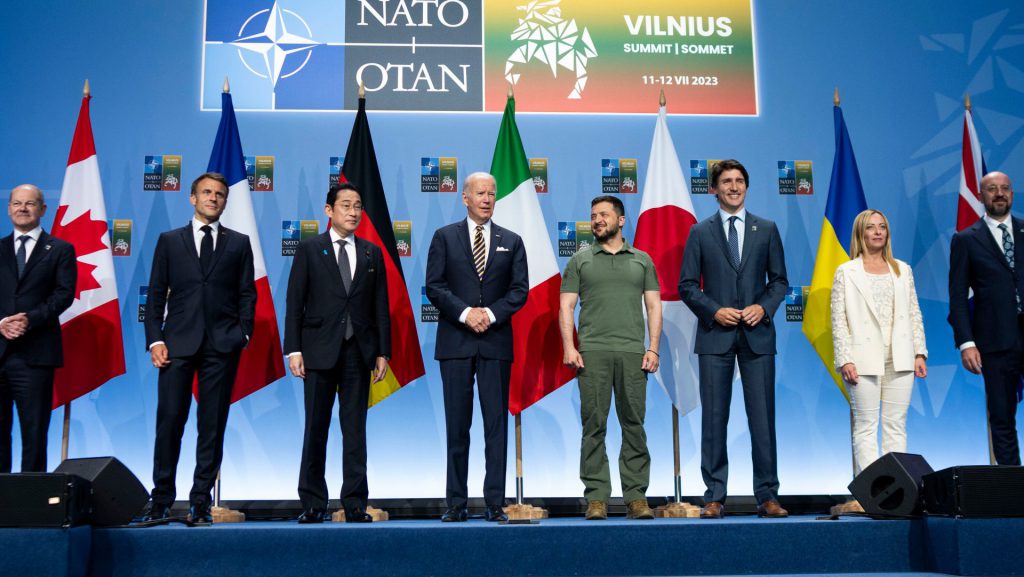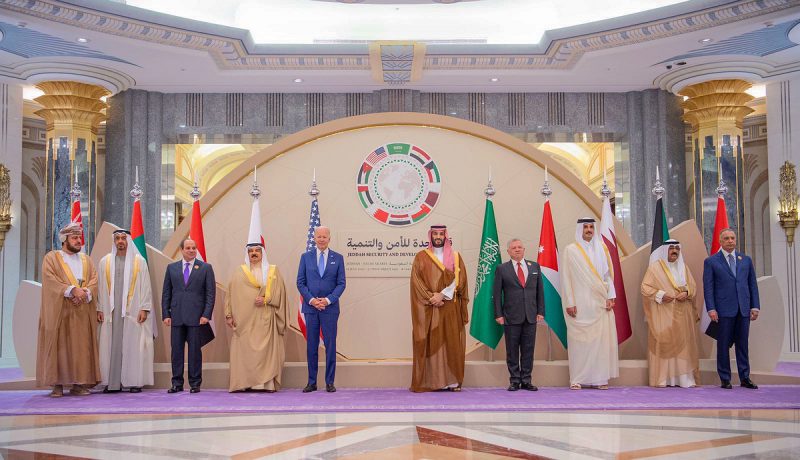A handful of countries along with BRICS are seething rage against the U.S. for its foreign policy that inadvertently affects their native currencies and economies. The policies that were unfavorable to their countries led them to hatch a plot to dethrone the U.S. dollar. The majority of developing countries had a similar mindset to uproot the U.S. dollar and end its hegemony. So what gave their ideas a set of wings and a hope that the U.S. dollar could be brought down? The answer is BRICS.
Also Read: Saudi Arabia To Decline BRICS Membership?
Yes, BRICS acted as a thread that linked their de-dollarization ideas to the sewing machine to make a perfectly knitted sweater. The BRICS members China and Russia made use of the opportunity by going on a world tour to developing countries convincing them to ditch the U.S. dollar and trade in local currencies.
China and Russia are successful in their quest as many countries have agreed to reduce dependency on the U.S. dollar. Read here to know how many sectors in the U.S. will be affected if BRICS ditches the dollar for trade.
Also Read: BRICS: U.S. Dollar Ranks Last in the Top 10 Currency List
BRICS: U.S. Losing Friends On the World Stage


Florida Senator Marco Rubio expressed concerns that the U.S. is now having fewer friends in the global circles. The Senator cautioned that BRICS could create further divide making the U.S. stand alone on the international stage.
Also Read: BRICS: HSBC Predicts the Future of the U.S. Dollar
Rubio urged the White House to lend a helping hand to developing countries and not press sanctions at the whip of a hat. He also praised Argentina’s President Javier Milei for declining BRICS membership and aligning with the U.S.
“Milei is taking the right steps to be a friend to the United States. The Biden Administration would do well to reciprocate that because friends are few and far between these days,” Rubio said.
The U.S. Senator added, “If current trends continue, it will become harder and harder for the United States to prevent international violence and oppression through sanctions”.





